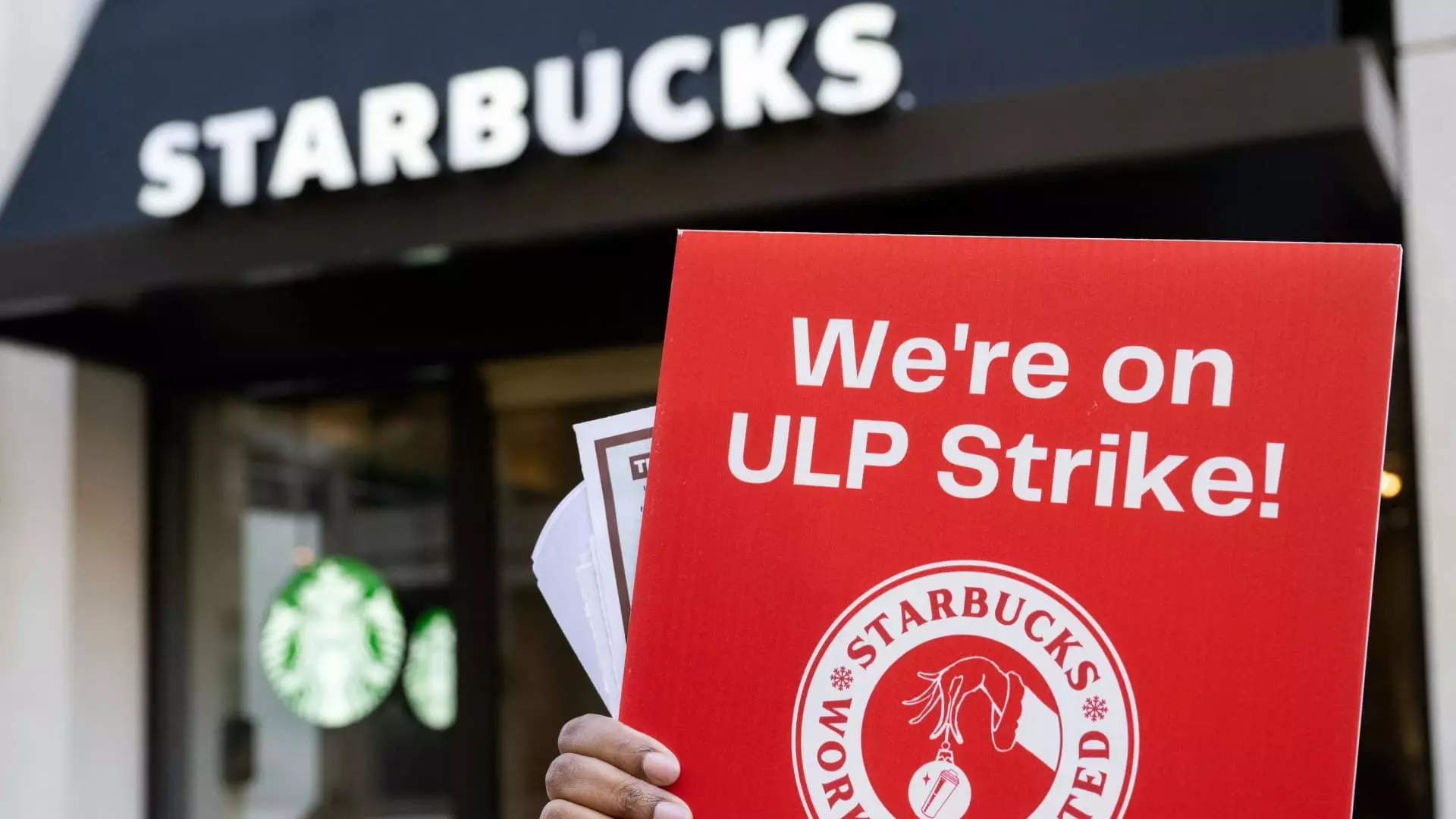A coalition of unions has recently criticized Starbucks for its handling of the ongoing union movement among its employees. The Strategic Organizing Center argues that the coffee giant has implemented a flawed human capital management strategy, leading to reputational risks, diminished shareholder returns, and alienated customers. The group plans to replace three current Starbucks board members with its own nominees in an upcoming proxy fight at the company’s annual meeting.
In response to the union coalition’s claims, Starbucks defended its board, stating that it is comprised of experienced business leaders with qualifications relevant to the company’s operations and future success. The company emphasized its ongoing investments in employee wages, training, and equipment, highlighting its commitment to improving the partner experience.
Since the unionization efforts began, nearly 400 Starbucks-owned cafes have voted in favor of organizing, signaling a growing movement among the company’s employees. The coalition claims that Starbucks’ response to the union campaign has cost the company nearly a quarter of a billion dollars and damaged the value of the brand. Additionally, polling conducted by Nielsen shows that a majority of customers would be less likely to visit Starbucks if the company violated federal labor laws.
The coalition of unions has put forth three director candidates for Starbucks’ board, highlighting their expertise in working with unions and labor law. Despite Starbucks’ recent addition of three new directors, the union coalition argues that the new members lack labor-related regulatory experience. Starbucks, on the other hand, maintains that its current board members bring valuable continuity and perspectives to the company’s operations.
Starbucks has faced criticism for its financial performance compared to its peers in the restaurant industry. The company has reported a 6% decline in stock value since the unionization efforts began, contrasting with median gains among its peer group. Starbucks, however, argues that it has created significant market value over the past two decades and leads its peer group in various growth metrics.
Starbucks has outlined plans to improve its efficiency and reinvest in its workers, aiming to reach ratified contracts for each represented store by 2024. Despite the company’s efforts to address union concerns and improve the partner experience, the coalition of unions continues to challenge Starbucks’ management and board composition. The ongoing proxy fight underscores the tensions between labor and management within the company.
Overall, the clash between Starbucks and the union coalition highlights the complex dynamics of labor relations in the modern corporate landscape. As the company navigates the challenges of unionization and shareholder activism, it faces pressure to address employee concerns while maintaining its financial performance and market competitiveness. The outcome of the proxy fight will likely shape Starbucks’ future approach to human capital management and employee relations.


Leave a Reply